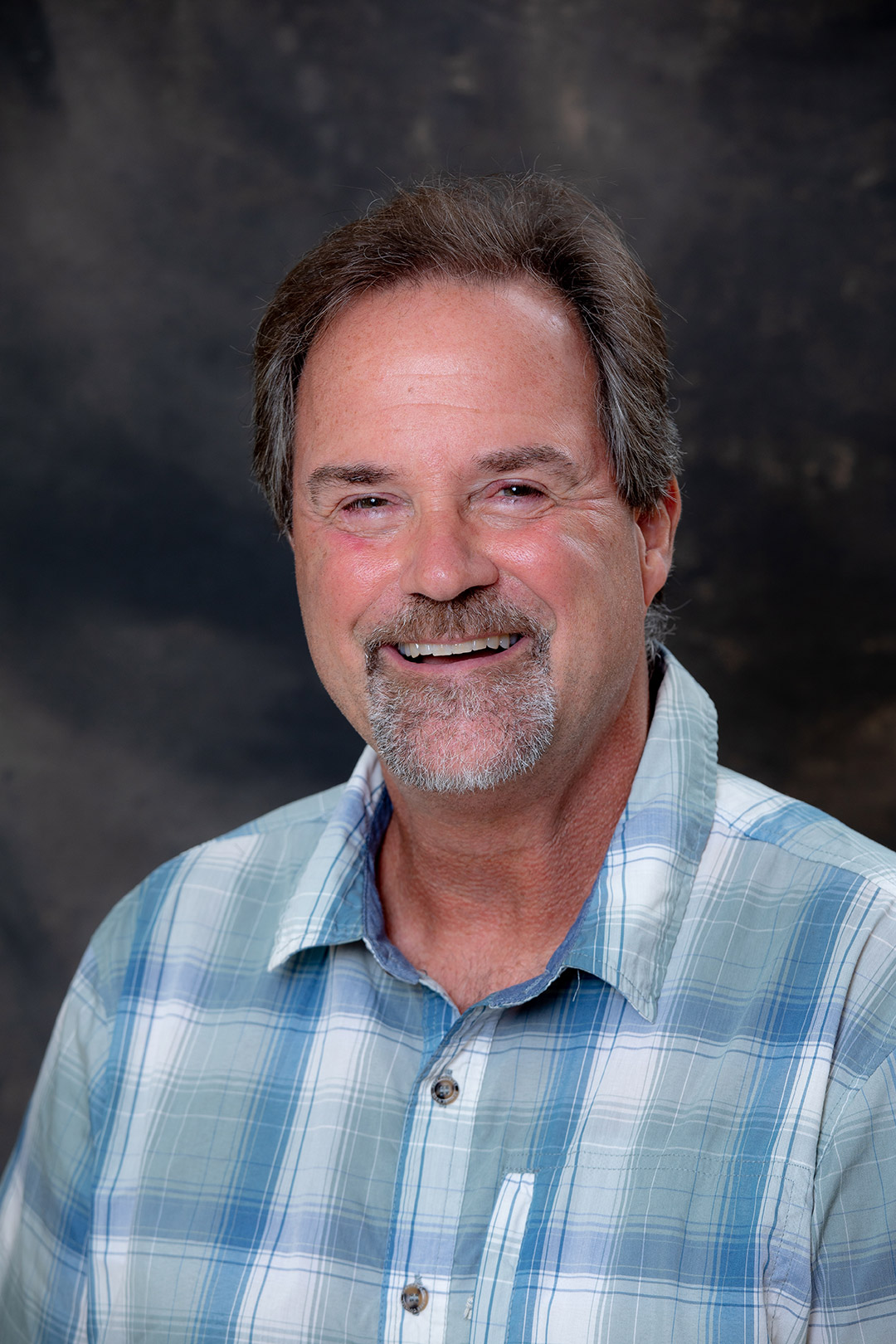Dr. Daniel Cowdin
Professor, Religious and Theological Studies
Contact Information:
Education:
Research Interests:
For the past 20 years, my research interests have focused on the intersection of religious, ethical and social issues. Examples include how religion and morality connect up with things like environmental concerns and biomedical issues, or the way in which advancing technology poses ethical and spiritual problems for human beings. Though so often in our contemporary world we look upon religion as merely a private concern, the truth is that it remains interconnected with our wider societies, both national and global. Sometimes these connections are open and explicit, and sometimes they occur implicitly, through cultural assumptions that stem from the religious worldviews held by individuals. In either case they need to be explored and evaluated, both from within religious perspectives (for Christianity, this means theologically) and from the standpoint of what might be called a wider, reason-based public morality. Most recently, thanks to a sabbatical during 2010-2011, I was able to pursue research in Christian-Jewish dialogue, an area close to my heart since my own undergraduate study abroad program in Israel some three decades ago. The sabbatical led me to England and also back to Israel, where I was able to study the last 50 years of Christian-Jewish relations - a half century that has seen a radical improvement in relations between the two traditions. Many exciting areas of scholarship, ranging from scripture and history to new theological approaches, are part of the contemporary dialogue; my specific research considers how Christian and Jewish ethics can gain insight from each other.
Personal Statement:
When I went to college, I thought I was headed toward a career in science - maybe in health care, environmental biology or even geology. My high school career aptitude test said I should be a forest ranger. I may yet do that, but somewhere along the way I ended up a religious studies major. What?! (my parents asked). One thing led to another and I eventually became a religious studies professor. How did that happen? I'm not a priest, nor even very spiritual (I'm uncomfortable holding hands with people and praying spontaneously, for example. I prefer the anonymity of religious ritual). I took my first college religion course in order to get ammo for the arguments I was having with friends who were fundamentalist Christians. It helped with that, but something else, and much better, happened too. Rather than providing weapons for ideological battle, the professor invited us into a genuine intellectual exploration of scripture, church history and theology. I discovered that the same scholarly virtues in other fields were at work here in religious study: open-mindedness, fairness to those with differing opinions, careful argumentation, nuanced reading. I discovered profound wisdom, as well as drama, in the works of great religious thinkers. I discovered beauty in other religious traditions that helped me find beauty I had not previously seen in my own. I discovered that hard questions can be bridges toward new spiritual insights rather than off-ramps from the religious journey. In short, I fell in love with religion as a liberal art - and through it, with the liberal arts more broadly. Each semester, I try to share some of this with my students here at Salve Regina.
